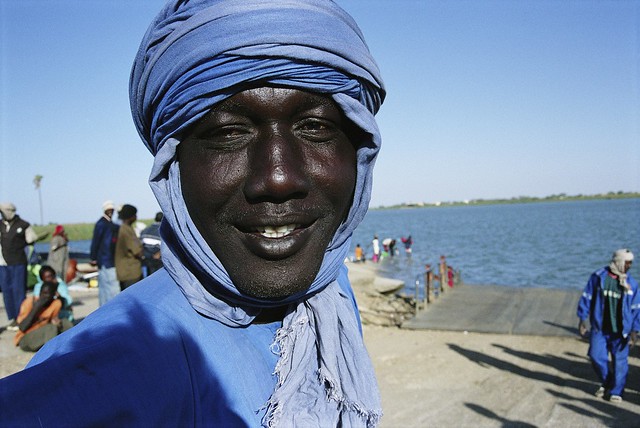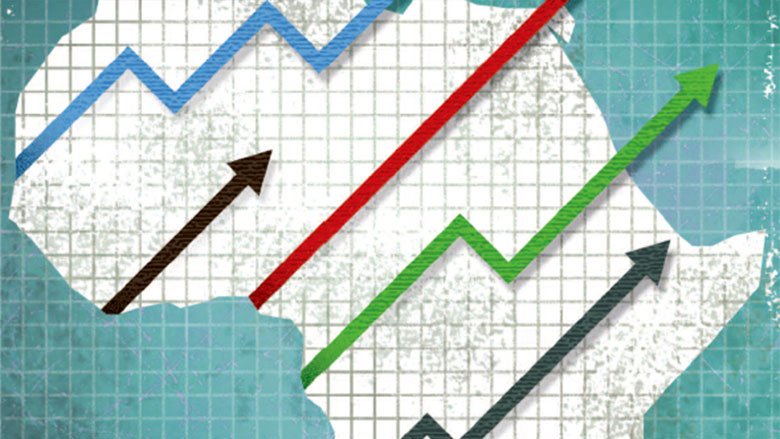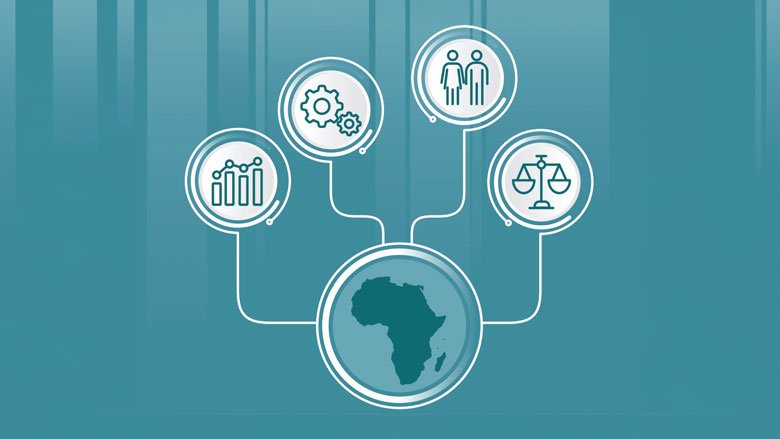Overview
Located in Central Africa, Gabon boasts a wealth of natural resources. With a coastline on the Atlantic Ocean, it is bordered by Cameroon, Equatorial Guinea and the Republic of Congo. Despite its vast, mainly forested surface area, Gabon only had 2.3 million inhabitants in 2021.
Gabon's level of urbanization is one of the highest in Africa, with over 80% of its population living in urban areas. The two main cities, Libreville and Port-Gentil are home to almost 59% of the population. Youth is a distinctive feature of its demography: half the population is under 20, and while the fertility rate in urban areas is four children per woman, it climbs to six in rural areas.
An ecological pioneer, Gabon actively protects its tropical forest, making it a net carbon absorber and championing carbon neutrality initiatives. Its diverse ecosystem offers fertile soils, abundant coastal resources, and fisheries. However, despite its economic potential, the country is struggling to translate its wealth of resources into sustainable, inclusive growth.
Political situation
Gabon's political history is varied and full of twists and turns. Under the leadership of Omar Bongo, who became president in 1967, Gabon developed into a one-party state dominated by the Gabonese Democratic Party (PDG).
The 1990s marked a decisive turning point for the nation, with the transition to a multi-party system. This transition was marked by numerous political reforms. Despite these upheavals, the Bongo family has retained a dominant position on the Gabonese political scene.
President Ali Bongo Ondimba succeeded his father Omar Bongo Ondimba in 2009 and was re-elected in August 2016 in a highly controversial election marked by a relatively low turnout (59%). Legislative and municipal elections held in 2018 saw a large victory for the PDG, which retained its two-thirds majority in the National Assembly.
Having won a third term in the 2023 general elections, Ali Bongo was deposed on August 30, 2023, following a military intervention orchestrated by the Committee for the Transition and Restoration of Institutions (CTRI).
General Brice Clotaire Oligui Nguema is appointed President of the Gabonese transition. At the start of this period, several institutions, including the Senate, the National Assembly and the Constitutional Court, were temporarily suspended, then reorganized around a charter drawn up with the transition president. One of the objectives of this phase is to revise the constitution during a national dialogue, which will be adopted by referendum, with a view to elections under a new constitution at the end of the transition. The transition is scheduled to end in August 2025.
Economic situation
Growth in the Gabonese economy has slowed to 2.3% in 2023, compared with 3.0% in 2022. The slowdown in growth was mainly due to lower timber and manganese production resulting from the combined effect of high fuel costs, lower demand for timber on Asian markets and the temporary halt to exports due to disruptions to the rail network at the end of 2022.
Despite a fall in world oil prices, public revenues benefited from higher oil production and the implementation of reforms aimed at improving domestic revenue mobilization. However, these higher revenues were absorbed by strong pressure on public spending, particularly in connection with the organization of the August 2023 elections and the lifting of the civil service recruitment freeze, resulting in a slight increase in the budget deficit.
Public debt has thus risen to 57.4% of GDP in 2023 (or 70.5% of GDP if Treasury bills and various arrears are added to the debt stock). Domestic debt arrears were cleared by the end of 2023, and efforts are being made by the authorities to avoid the accumulation of new arrears. Nevertheless, the arrears issue remains a challenge for Gabon's public finances. Inflation has fallen below the CEMAC target of 3% in 2023, standing at 2.7% in October 2023 (year-on-year). However, food inflation remains higher at 4.7%, further affecting the cost of living for the population.
Gabon's recovery is set to continue in the medium term, despite the expected decline in oil production from 2025 onwards as oil fields reach maturity. The mining, timber and agricultural sectors would then be the new engines of Gabonese growth.
Political risk has diminished since the coup d'état, and the sanctions imposed by ECCAS were lifted on March 9, 2024. However, the risk of instability remains and investor confidence remains fragile, which could have a negative impact on the country's economic outlook, particularly if a late return to constitutional order triggers new sanctions. The high expectations generated by the change of regime are translating into strong pressure on spending, which could ultimately impact on the sustainability of public finances.
Last Updated: Mar 28, 2024








